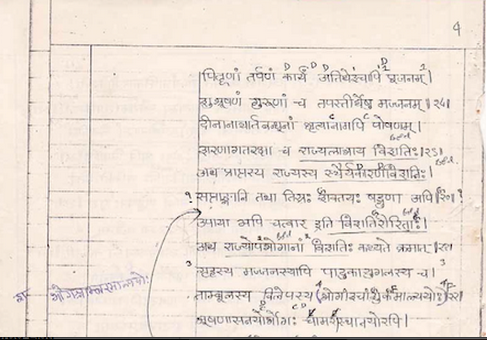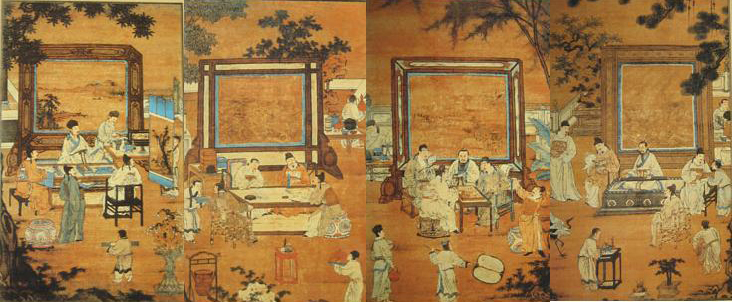When last we left off (read part I here!), I was discussing an imagined translation of an ordering system devised by a (fictitious) king of Siam in the mind of the (very real) W. Somerset Maugham. This time, I will jump to a different author.
Jorge Luis Borges, like Maugham, takes us once again to a land East of Eden, more precisely, somewhere East of Suez (where the best is like the worst, where there aren’t no Ten Commandments). In his essay “The Analytical Language of John Wilkins,” Borges introduces us to “a certain Chinese encyclopedia entitled ‘Celestial Empire of Benevolent Knowledge’” that was discussed by one “doctor Franz Kuhn.” Borges writes:
In its remote pages it is written that the animals are divided into: (a) belonging to the emperor, (b) embalmed, (c) tame, (d) sucking pigs, (e) sirens, (f) fabulous, (g) stray dogs, (h) included in the present classification, (i) frenzied, (j) innumerable, (k) drawn with a very fine camelhair brush, (l) et cetera, (m) having just broken the water pitcher, (n) that from a long way off look like flies.



